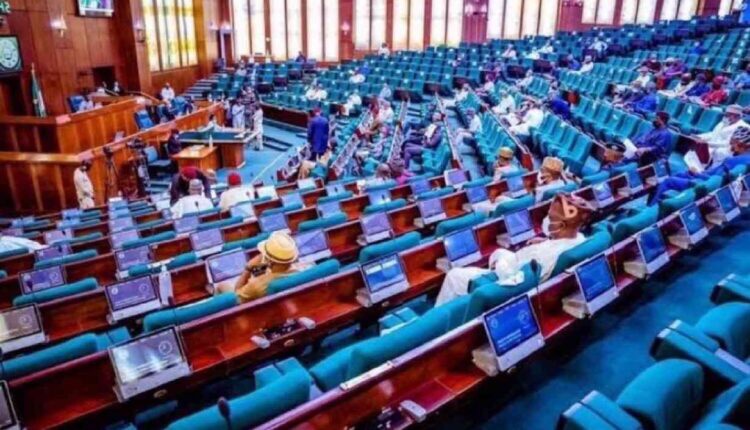In a heated House of Representatives session, Nigerian lawmakers clashed over a controversial bill to pass Shariah Law in Nigeria.
The proposed bill, introduced by Rep. Aliyu Missau, sought to amend sections of the Nigerian Constitution to remove the word “personal” from the provisions related to Sharia law, which would have broadened its application beyond family matters such as marriage and inheritance. Missau argued that the bill would address specific challenges faced by Islamic financial institutions, like Jaiz and Taj banks, which operate under Sharia-compliant principles. He claimed the amendment would foster an inclusive regulatory environment for these businesses. However, opponents saw the bill as a dangerous step that could blur the lines between state governance and religious law in a country already balancing diverse faiths and cultures. Many lawmakers expressed concerns that the proposal could potentially infringe on the secular principles of Nigeria. Bamidele Salam, representing Osun State, voiced strong opposition, arguing that any constitutional amendments that might extend religious laws into public or commercial domains could lead to greater division in the country.
“We must be cautious of amendments that risk the religious freedoms and unity of all Nigerians,” Salam warned, noting that the issues Missau raised could already be addressed under existing commercial regulations. Advertisements Awaji-Inombek Abiante, another lawmaker, expressed similar reservations, urging his colleagues to reject the bill due to the potential dangers it posed to Nigeria’s delicate religious balance. Despite support from some lawmakers, primarily from the northern states, who argued that the proposal was harmless, the bill faced overwhelming opposition.
The majority of the House ultimately voted against the proposal, underscoring concerns over the preservation of Nigeria’s secular governance and religious freedoms. After Deputy Speaker Ben Kalu put the bill to a voice vote, the “nays” prevailed, marking the formal rejection of the proposal.




